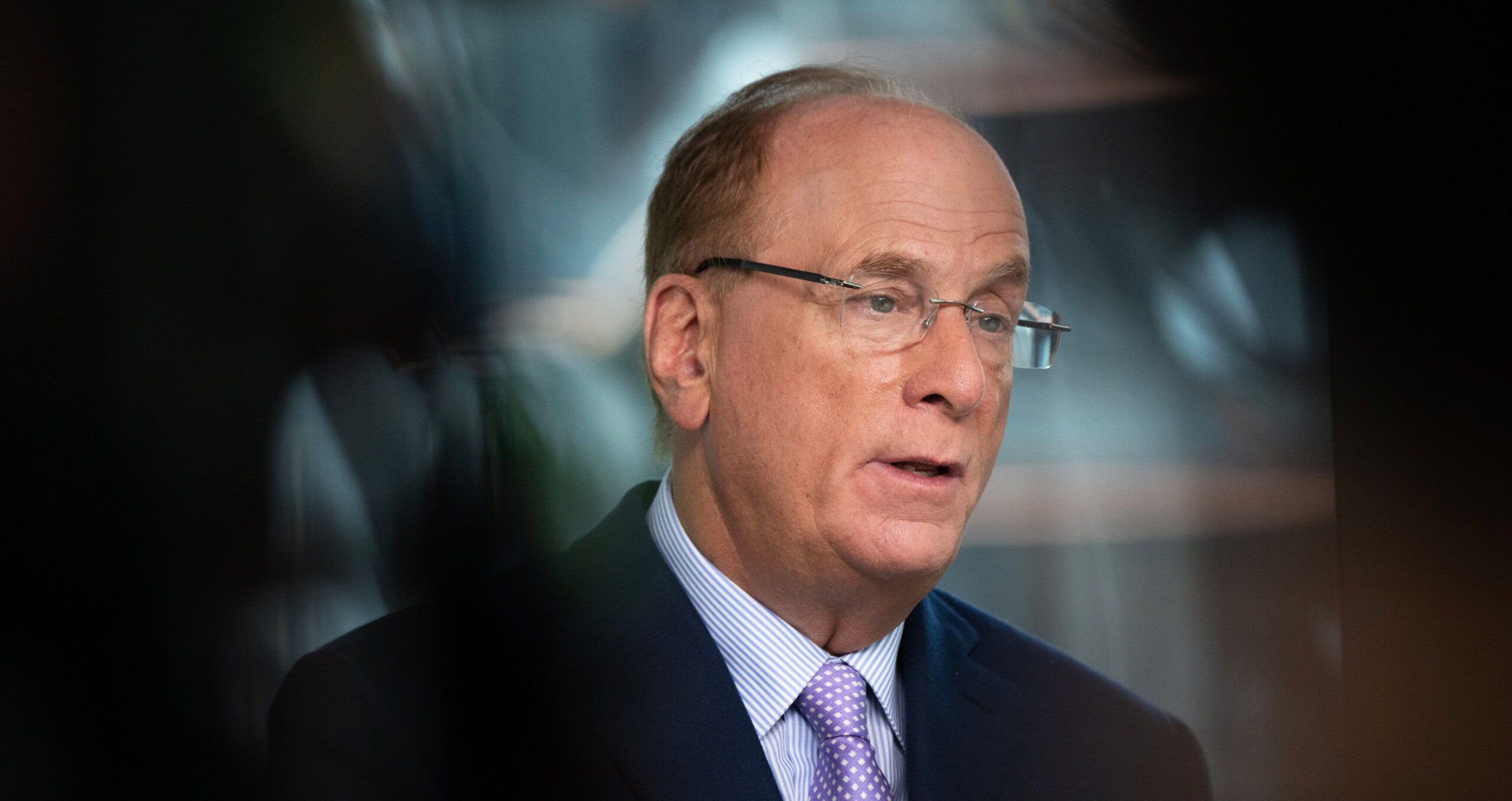
Fink extols ‘energy pragmatism’ in letter to BlackRock investors

Those in charge of energy around the world believe renewables are important, but recognise that fossil fuels will play a role in maintaining security of supply, says BlackRock CEO Larry Fink
Leaders around the world are increasingly championing “energy pragmatism” – believing that there are roles for both renewable energy and fossil fuels to play, as they seek to decarbonise while also maintaining energy security, according to Larry Fink, chief executive and chair of asset manager BlackRock.
Fink argued in his 2023 annual chair’s letter to BlackRock investors that it was for governments, technology and consumers to set the pace of decarbonisation, and “not for companies, including asset managers, to be the environmental police”.
In this year’s letter, Fink highlights the importance of the energy transition, noting that investment in renewables has created a “ripple effect in the markets” and engineered risks and opportunities for investors. He gives several examples of how BlackRock is investing in renewable energy technologies, including solar and wind power.
But he also underlines nations’ surging interest in energy security, which has come to the fore following Russia’s invasion of Ukraine in 2022. The resulting disruption to the world’s oil and gas supply required the UK, the EU and Norway to subsidise energy bills at the cost of €800bn, he says.
“This is part of the reason I’m hearing more leaders talk about decarbonisation and energy security together under the joint banner of what you might call ‘energy pragmatism’,” says Fink, adding that last year, in visits to 17 countries, he spoke to energy leaders, including prime ministers and grid operators.
“The message I heard was completely opposite to what you often hear from activists on the far left and right, who say that countries have to choose between renewables and oil and gas. These leaders believe that the world still needs both,” he says. “They were far more pragmatic about energy than dogmatic. Even the most climate-conscious among them saw that their long-term path to decarbonisation will include hydrocarbons – albeit less of them – for some time to come.”
Germany and Texas are good examples of “energy pragmatism”, he says, in that both are heavily committed to renewable energy but also recognise roles for natural gas in their energy supplies.
He also reiterates, as mentioned in his 2020 letter, that the energy transition will only succeed “if it’s ‘fair’”.
You can find Fink’s letter here.
Similar Articles

Expanding UK ETS to cover heating and road transport fuels could cut domestic emissions by a quarter

‘Exponential’ increase in climate litigation could pose major financial risk for companies


